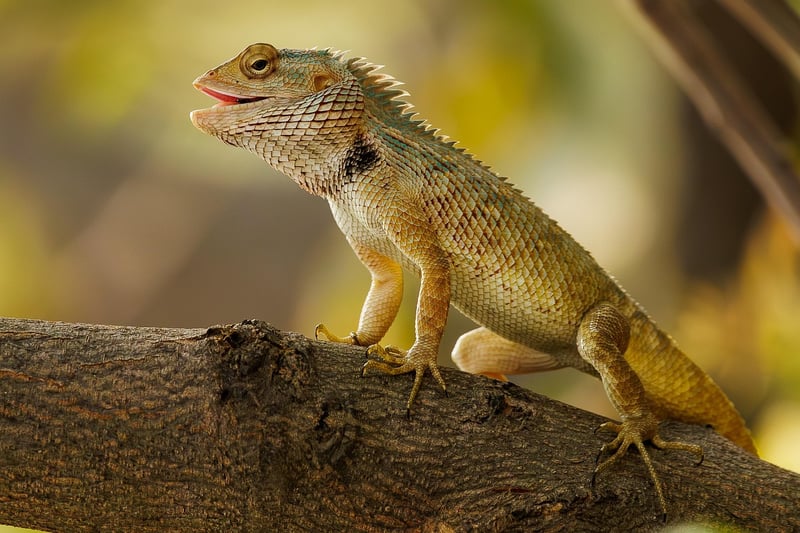Pest Control
Keeping Your Garden Healthy: Pest Control Tips
Having a beautiful and thriving garden requires more than just watering and sunlight. One of the key aspects of garden maintenance is pest control. Pests can quickly damage your plants and undo all your hard work, so it's essential to be proactive in keeping them at bay. Here are some effective pest control tips to help you maintain a healthy garden:
1. Identify the Pests
The first step in pest control is to identify the specific pests that are causing damage to your plants. Different pests require different treatments, so knowing what you're dealing with is crucial.
2. Use Natural Predators
Introducing natural predators like ladybugs, lacewings, or praying mantises can help keep pest populations in check. These beneficial insects feed on common garden pests and can help maintain a natural balance in your garden.
3. Neem Oil Spray
Neem oil is a natural insecticide that can effectively control a wide range of pests such as aphids, mealybugs, and spider mites. Mix neem oil with water and a few drops of dish soap and spray it on your plants to deter pests.
4. Companion Planting
Planting certain herbs and flowers alongside your vegetables can help repel pests. For example, marigolds can deter nematodes, while basil can repel mosquitoes and flies.
5. Diatomaceous Earth
Diatomaceous earth is a natural and non-toxic powder that can be sprinkled around plants to control crawling insects like ants, slugs, and beetles. The powder works by dehydrating the pests and is safe for humans and pets.
6. Regular Maintenance
Keeping your garden clean and free of debris can help reduce hiding spots for pests. Remove dead leaves, weeds, and any decaying plant matter regularly to prevent pest infestations.
7. Organic Sprays
If you need to use a spray to control pests, opt for organic insecticidal soaps or horticultural oils. These products are less harmful to beneficial insects and the environment compared to chemical pesticides.
8. Crop Rotation
Rotating your crops each season can help disrupt pest life cycles and reduce the risk of infestations. Different plants attract different pests, so changing up what you plant in each bed can help keep pest populations under control.
By following these pest control tips and staying vigilant in your garden maintenance, you can keep your plants healthy and thriving without the need for harsh chemicals. Remember, a healthy garden is a happy garden!

For more information on pest control and gardening tips, visit Royal Horticultural Society.
